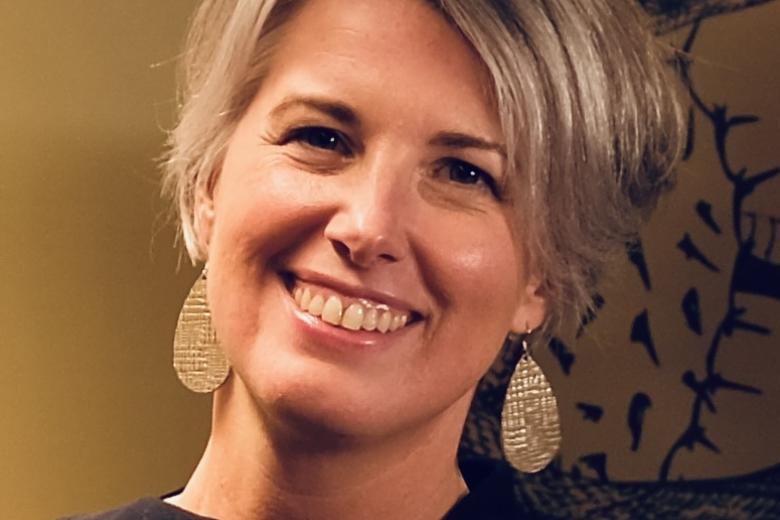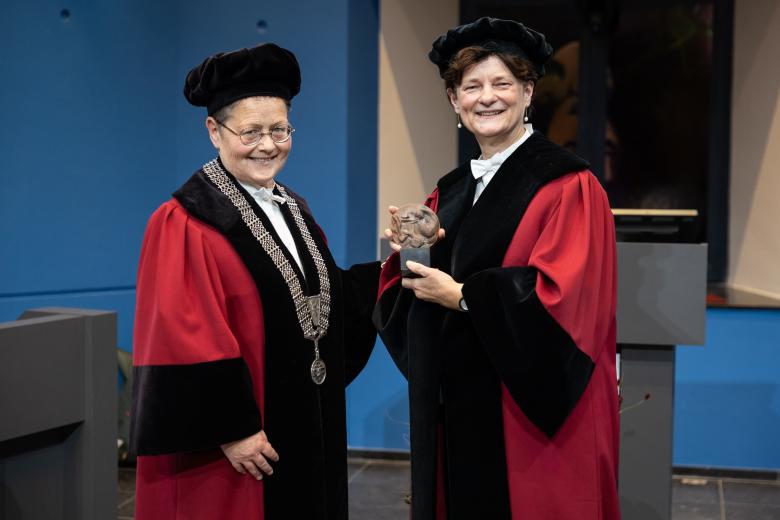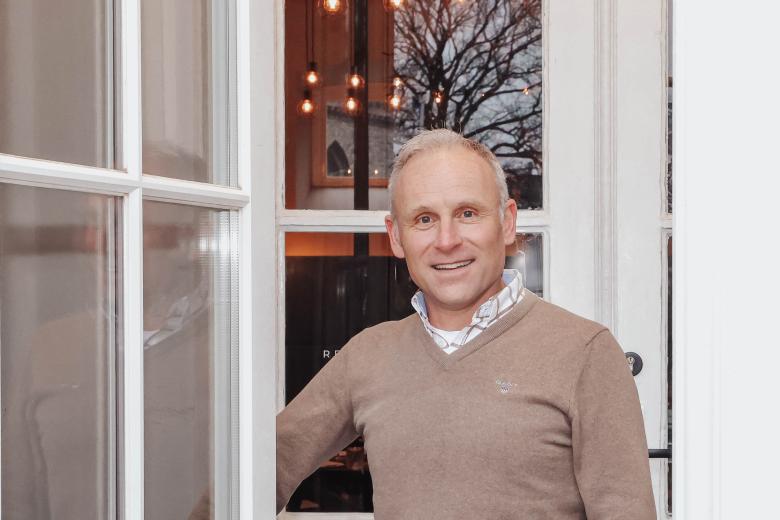Maastricht UMC+ launches Climate HEALTH: institute for health effects of climate change
Maastricht UMC+ is launching the Climate HEALTH institute to tackle the health effects of climate change. At the new institute, researchers, healthcare professionals and students will work together to better understand, limit and prevent the health effects of for example heat waves, flooding and air pollution.
Climate change is becoming increasingly apparent. Extreme heat, heavy rainfall and poor air quality are putting pressure on residents' health. Older people, people with chronic conditions and people in vulnerable circumstances are particularly affected. “We are already witnessing the effects: more heat-related complaints, climate stress and increasing health inequalities,” says Prof. Annemie Schols, Dean of the Faculty of Health, Medicine and Life Sciences (FHML). “That is why we are taking action now.” At the Climate Health Institute, the research institutes and clinical centres of Maastricht UMC+ are combining their knowledge and experience to limit the impact on health and develop solutions that can be applied in healthcare.
Climate-adaptive health
With the Climate HEALTH Institute, Maastricht UMC+ focuses on increasing the resilience of vulnerable groups. Early detection of health risks and targeted intervention can limit damage to organs such as the heart, lungs, and kidneys, improve well-being, and reduce hospital admissions. “We see that high temperatures exacerbate the symptoms of, for example, heart patients or people with COPD,” says Dr Helen Mertens, chair of the board of Maastricht UMC+. “We want to investigate and better understand the impact of climate change on our health. And how we can prepare preventively for those consequences for our well-being.”
The institute will deliver direct improvements in healthcare and help develop lasting solutions for people who are particularly vulnerable. An important principle of Climate HEALTH is that biomedical and health science research are inextricably linked to social issues. That is why the ethical, legal and social aspects of climate-adaptive healthcare are also taken into account.
South Limburg as a testing ground
The South Limburg region is the ideal place to work on climate-adaptive health. “The consequences of climate change are painfully visible in South Limburg,” says Schols. ‘This is where an ageing population, health inequalities and an unhealthy living environment converge, making the risks of climate change particularly big. That makes our region the ideal place to develop and test new solutions.’
The Maastricht Health Campus, of which Maastricht UMC+ is a part, offers a unique innovation ecosystem for this purpose. Science, healthcare, residents and industry work together on innovation here. With internationally leading facilities, such as 3D cell models and special climate chambers, research into health and climate can be accelerated here. This is complemented by a Student Hub, where students from various disciplines are actively involved, so that they learn how to protect people from the health challenges of climate change while still studying.
Investing in health
Over the next five years, Maastricht UMC+ will invest at least 5 million euros in Climate HEALTH, both for research and education. Investing in health also requires intensive cooperation with regional authorities, social organisations and other knowledge and healthcare institutions, across borders. “Only together can we make people resilient to the impact of climate change,” emphasises Mertens. “What we are developing here in South Limburg can soon contribute to better health worldwide.”
Also read
-
Tanne van de Kreeke – a former lawyer turned epidemiologist
According to Tanne, a former lawyer and now part-time Epidemiology student, the quality of research in general would improve if more people had a better understanding of epidemiology and how the field relates to research methodology. Tanne is clear about the benefits of the master’s programme.
-
Prof. dr. Mirjam oude Egbrink awarded MUMC+-medal
During her farewell lecture on Friday, 28 November, Prof. Mirjam Oude Egbrink was awarded the MUMC+ medal by Dean Annemie Schols for her distinguished career.
-
Jeroen Hendriks: first professor of Nursing Sciences at MUMC+ in a long time
Jeroen Hendriks (CAPHRI) has been Professor of Nursing Science since last year and will deliver his inaugural lecture on 4 December 2025.